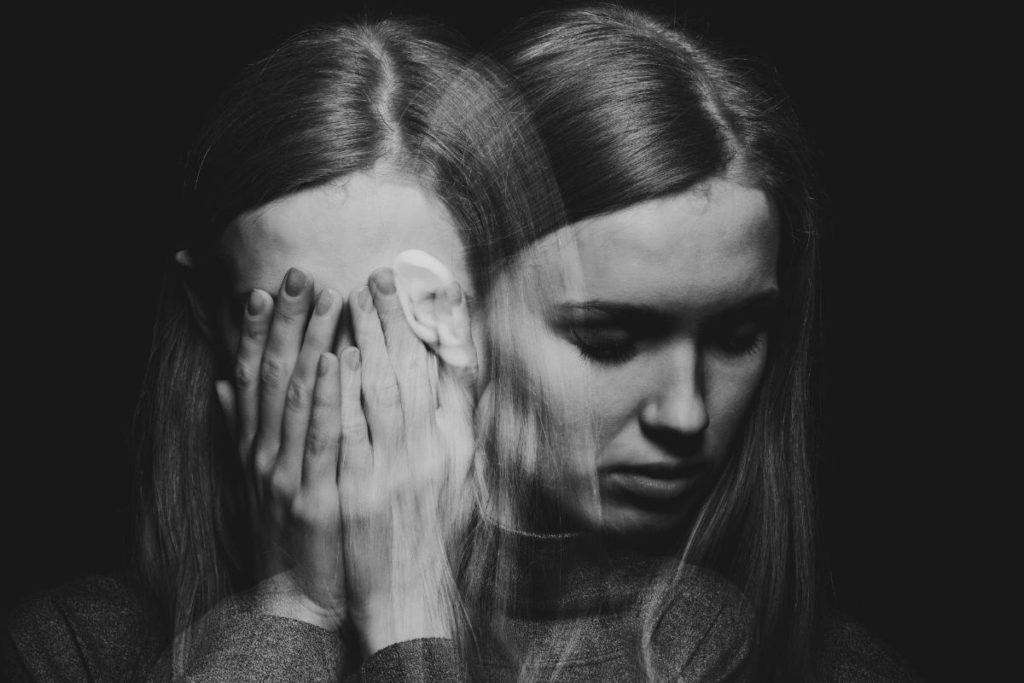Addiction is a chronic disease that changes brain functions and leads to an inability to control one’s thoughts and behaviors. Treating addiction as soon as possible increases the chances of long-term recovery, but sometimes the disease is already advanced before a person seeks treatment.
Recognizing the signs of addiction before long-lasting damage occurs can help. For more information about our proactive drug addiction treatment programs, call A Better State today at 781.412.1488.
What Are the Signs of Addiction?
Addiction usually starts slowly. When experimental or recreational use becomes more frequent, or when long-term use of prescription drugs is required, the risk of addiction increases.
Some drugs are highly addictive and can lead to physical dependence within a few weeks. A person’s genetics, personality, home environment, and mental health all contribute to the possibility of an addiction developing.
Some signs of drug addiction are subtle, especially early in the disease when people still function normally. But eventually, drug abuse begins to take a toll on their physical and mental well-being.
Whether you are concerned about yourself or a loved one, behavioral symptoms of addiction to look for include:
- Problems at work or school—poor performance, tardiness, not showing up
- Loss of motivation, lack of interest in hobbies or social activities
- Running out of prescriptions early
- Hanging out with new, unfamiliar friends
- Always needing money, not paying pay bills
- Risky behavior while under the influence, like driving while high
- Needing more and more of the drug to get the wanted effect
- Lying
Physical symptoms you may notice in a person you’re concerned about include:
- Red eyes
- Poor hygiene
- Confusion, poor memory
- Slow or accelerated reflexes
- Frequent headaches
- Unexplained fatigue or bursts of high energy
- Frequently feeling sick, nauseous
- Insomnia or sleeping too much
- Appearing depressed or anxious
- Secrecy
Symptoms of addiction vary depending on the person and the drug. Some drugs, like cocaine, can cause aggression, paranoia, dilated pupils, and excitability. Heroin addiction may present with episodes of euphoria followed by fatigue and flu-like symptoms.
What to Do If You Recognize Signs of Drug Addiction
No matter which drug is being abused, continued use will lead to serious problems in every aspect of the person’s life. Without intervention, their physical and mental health will deteriorate. Relationships will crumble, careers will suffer, and the person’s life will spiral into crisis.
If you suspect someone you care about is abusing prescription or illegal drugs, speak up. Other explanations for their behavior are possible. They may struggle with grief, physical illness, or other mental health issues unrelated to drug use. In any case, they need your support.
If they admit to drug use, take it as a positive sign that they’re open to a conversation. Remain compassionate and don’t lecture or blame. Let them know you’re on their side and ready to help. Assist them in finding a suitable addiction treatment program.
Denial is a common reaction. If your loved one denies drug use but exhibits all the symptoms of addiction, you may need to seek professional help. Speak with a therapist who specializes in addiction. An intervention may be necessary to get the person to be honest about their addiction and agree to treatment.
Call A Better State If You Suspect Signs of Addiction
Addiction is a complex disease that requires a multilevel approach to recovery. Medical assistance, mental health evaluation, treatment for past trauma, peer support, and aftercare are all parts of a thorough recovery plan.
Whether you are concerned about your addiction or someone else’s, you can’t do it alone. Call the compassionate professionals at A Better State today at 781.412.1488 and find the support you need.


